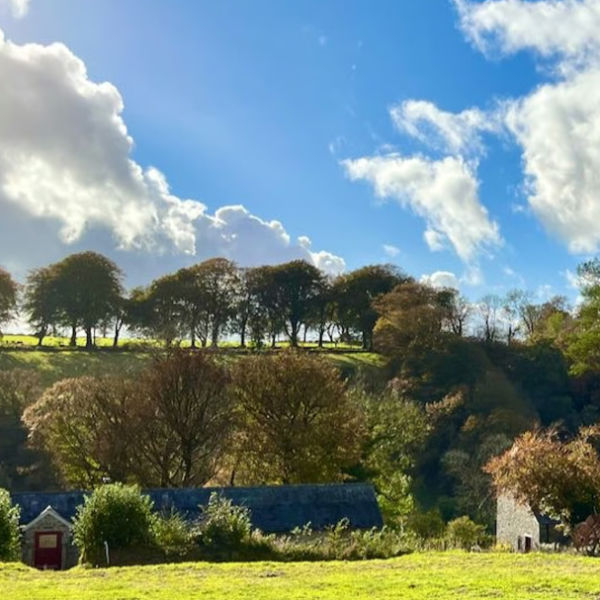West Midland’s Case Study: Castle Bromwich Historic Gardens
As part of a national initiative with VisitEngland, The West Midlands Destination Development Partnership (DDP) has been working with Green Tourism to support businesses across the West Midlands and drive up levels of Sustainability Certification. We have created a series of mini case studies revealing how the Green Tourism certification process is helping businesses to operate more sustainably and market themselves to the growing sustainable tourism market.
Helping one of Birmingham’s precious green spaces get a little bit greener.
Dating back to 1717, Castle Bromwich Hall Gardens are an oasis of green space surrounded, on all sides, by dense urban conurbation. Operating as a charity, they nurture 40 acres of historic walled garden, orchards and woodland on a very limited budget. They are a treasured resource for the local community which they support in various ways but aim to grow their income by attracting visitors from further afield.
The offer of free initial membership of Green Tourism from the regional DDP seemed like a great way to do that. There are just 3½ members of staff working at the Gardens so the prospect of going through the accreditation was initially daunting. Once on Green Tourism’s website they realised that it was achievable and the process allowed them to add to their application incrementally over time, saving each element as they went, was a boon.
Not as green as they thought
As an environmentally conscious organisation, devoted to caring for a historic green landscape, the team at The Garden assumed they would be performing at a really high level. And in certain areas, such as community activities and sustainability engagement with schools and volunteers, they were. But the process revealed areas where they could target significant improvements especially in terms of carbon impacts.
Quick Wins
A beacon of sustainability. Community engagement is a central part of what the gardens do and volunteers are welcomed where they are encouraged to learn about growing and composting at home. The application process revealed how important it is to communicate sustainable behaviours that visitors can take home with them.
Taking plastics off the table. The Gardens’ café and shop had dispensed with single use plastics – replacing them with reusable mugs. Similarly, they stopped using plastic pots in the garden using earthenware as a more sustainable and historic option. Leftover plastic pots were reused to sell plants as part of their fundraising activities.
Cleaning up their act. The team switched to environmentally friendly cleaning products in sustainable packaging and this triggered them to start selling packageless cleaning products to customers bringing their own containers to the Gardens’ shop.
Going Local. The Gardens has always striven to use the most local suppliers possible and having a garden on site means a steady supply of home-grown ingredients including juice from their own heritage apple trees. The shop is stocked from local suppliers, with artisan and hand-made goods making up the bulk of the sales. Foraging lessons are also one of the many community activities provided.
Embracing Biodiversity. Pollinators lie at the heart of The Gardens’ health. Bee and bug hotels, bat and bird boxes and hedgehog sanctuaries all provide precious accommodation and are a key part of sustainability education activities.
Getting the team on board. Working to Green Tourism’s specific sustainability agenda and having to review and evidence activity had a galvanising effect on the team. Green Tourism’s advice on internal communications helped them understand what was needed and inspired them to get behind the initiatives identified.
Marketing a better future. One consequence of the Gardens securing a Green Tourism Bronze Award has been the change in attitude to the gardens. Locals, staff and volunteers now view it in a fresh light as a serious tourist destination and have a heightened sense of pride in how special it is and how worthy of promotion to the wider world. It is also a valuable marketing tool encouraging visitors to share what they find there and talk more widely about what is being achieved.
In Conclusion
Glynnis Powell, who heads the Gardens and led the Green Tourism Award application is enthusiastic about embracing further changes to move up to Silver and ultimately Gold status. The only thing limiting her ambitions are the costs involved in upgrading the built infrastructure and equipment. She acknowledges that evidencing the certification process is challenging, especially for a small organisation but that it is worthwhile, and the Green Tourism team were very supportive and responsive throughout.









